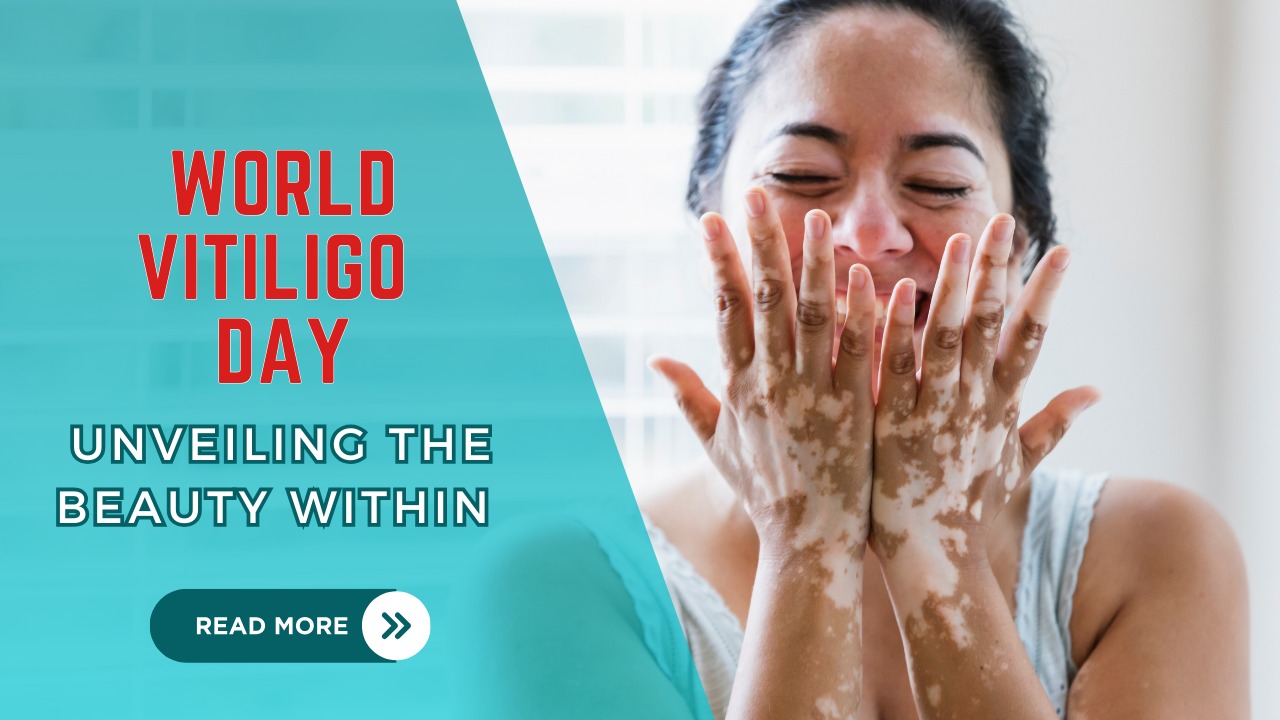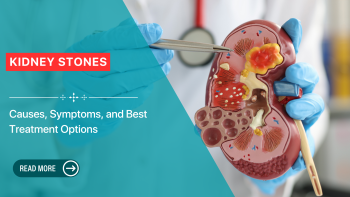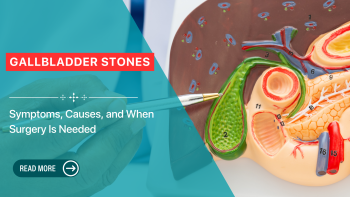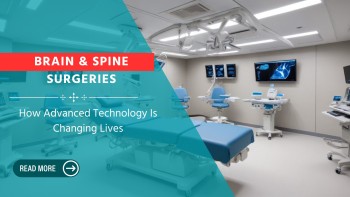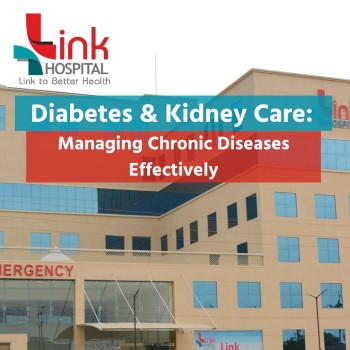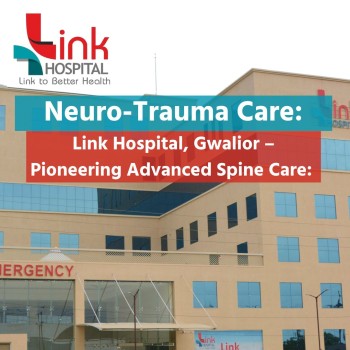World Vitiligo Day, observed annually on June
25th, is dedicated to raising awareness about vitiligo, a long-term skin
condition characterized by patches of the skin losing their pigment. This day
aims to increase public knowledge, dispel myths, and support individuals living
with vitiligo.
It is more than just a date on the calendar.
It's a global movement to shine a light on vitiligo, a condition that affects
millions but is often misunderstood. This day is dedicated to raising
awareness, dispelling myths, and supporting those who bravely live with
vitiligo. Join us in celebrating the unique beauty of every individual and
fostering a community of understanding and acceptance.
What is Vitiligo?
Vitiligo is an autoimmune condition where
the immune system attacks the pigment cells in the skin, leading to loss of
skin colour in patches. This can occur on any part of the body, including the
face, hands, arms, legs, and even hair.
Causes of Vitiligo
Understanding the causes of vitiligo is
crucial for effective management and treatment. Here are some key factors:
Genetic Factors
●
Family History: Vitiligo often runs in
families. If a close relative has vitiligo, there's an increased risk of
developing the condition.
●
Gene Mutations: Specific genetic mutations can
increase the susceptibility to vitiligo.
Autoimmune Response
●
Immune System Attack: Vitiligo is an
autoimmune disorder where the body’s immune system mistakenly attacks and
destroys melanocytes, the cells responsible for producing pigment.
Environmental Triggers
●
Sunburn or Skin Injury: Severe sunburn or cuts
can sometimes trigger vitiligo in susceptible individuals.
●
Exposure to Chemicals: Certain chemicals, such
as those found in industrial products, might trigger or exacerbate vitiligo.
Precautions for Managing
Vitiligo
Living with vitiligo requires some
precautions to manage the condition effectively and protect the skin:
Sun Protection
●
Use Sunscreen: Regularly apply broad-spectrum
sunscreen with a high SPF to protect the depigmented areas from sunburn.
●
Protective Clothing: Wear hats, long sleeves,
and other protective clothing when exposed to the sun.
Skin Care
●
Gentle Skin Products: Use mild, fragrance-free
skin care products to avoid irritating the skin.
●
Avoid Injuries: Protect the skin from cuts,
scrapes, and other injuries that can trigger new patches.
Psychological Support
●
Counselling: Consider counselling or joining
support groups to cope with the emotional aspects of vitiligo.
● Education: Educate yourself and others about vitiligo to combat stigma and discrimination.
Treatment Options for
Vitiligo
While there is no cure for vitiligo,
several treatments can help restore skin colour and manage the condition:
Topical Treatments
●
Corticosteroid Creams: Can help to return
colour to the white patches.
●
Calcineurin Inhibitors: Effective for people
with small areas of depigmentation.
Light Therapy
●
Narrowband UVB Phototherapy: A common
treatment that can help restore skin colour.
●
Excimer Laser: Targets specific areas of
depigmentation with concentrated UVB light.
Surgical Options
●
Skin Grafting: Involves transplanting small
sections of normal skin to depigmented areas.
●
Blister Grafting: Involves creating blisters
on pigmented skin and transferring the blister tops to depigmented areas.
Depigmentation
●
Monobenzone Cream: Used to depigment the
remaining skin to match the patches in cases where vitiligo is extensive.
Social Message from Link
Hospital, Gwalior
At Link Hospital, Gwalior, we are
committed to providing comprehensive care for individuals with vitiligo. Our
team of specialists is dedicated to offering personalized treatment plans that
cater to each patient's unique needs. On World Vitiligo Day, we stand in
solidarity with those affected by this condition and strive to educate our
community about the importance of understanding and acceptance.
"Vitiligo does not define you. It is just a part of
your journey. At Link Hospital, we are here to support you every step of the
way."
Conclusion
World Vitiligo Day is an important
reminder of the need for awareness, understanding, and support for those living
with vitiligo. By spreading knowledge and compassion, we can create a more
inclusive society where everyone feels valued and respected. If you or a loved
one is dealing with vitiligo, don’t hesitate to reach out to Link Hospital,
Gwalior, for expert care and support.
For more information, please visit our
website or contact us directly.
Website: Link
Hospital Gwalior
Contact Number: +91- 751-2920
200
Together, let's make a difference on
World Vitiligo Day!
